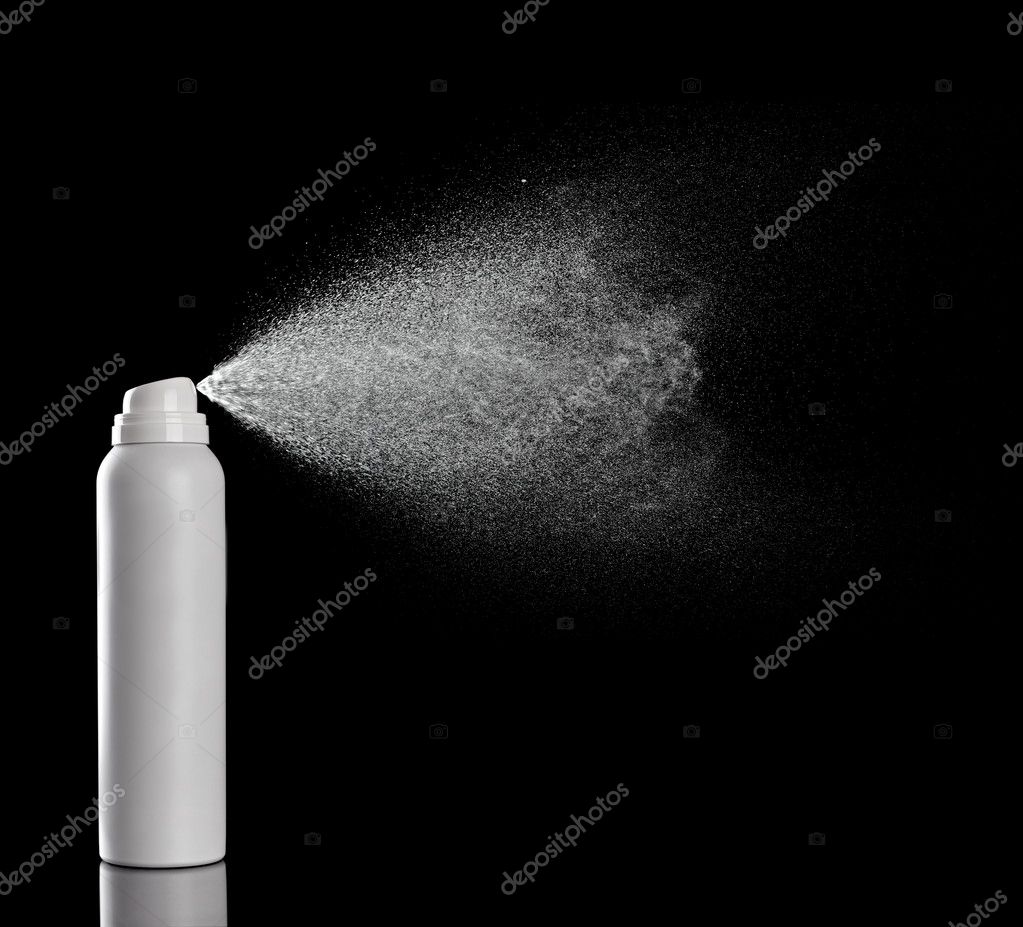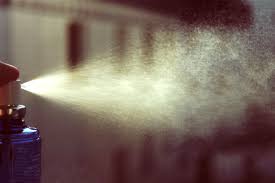Uncategorized
Perfume is liquid or gas?

Odors are caused by small, volatile compounds that trigger olfactory receptors in your nose. The molecules that cause scents can usually be detected in extremely small concentrations, down to parts per billion (ppb).
When you smell perfume on a person or by wafting perfume from a bottle, you are smelling a vapor of the scent compounds that have become volatilized (are in the gas phase) and diffuse through the air and into your nose.
Perfume is a mixture of fragrant oils in an ethanol/water solvent. When you spray perfume, you create a fine mist of perfume droplets suspended in the air. The droplets are usually between 30 and 150 micrometers in diameter depending on the sprayer used. The ethanol/water mixture, which is volatile, evaporates from the droplets within a few seconds, leaving behind a droplet of the fragrant compounds in the perfume. These compounds will also eventually evaporate to form a vapor of the fragrant molecules.* The vapor diffuses through the air, spreading the scent.
Whether you are smelling the droplets or the vapor probably depends on when you spray the perfume. If you smell the perfume immediately after spraying it, you are most likely smelling the droplets. If you smell it from across the room after someone sprays it, you are probably smelling the vapor.
Credit:http://scienceline.ucsb.edu/




